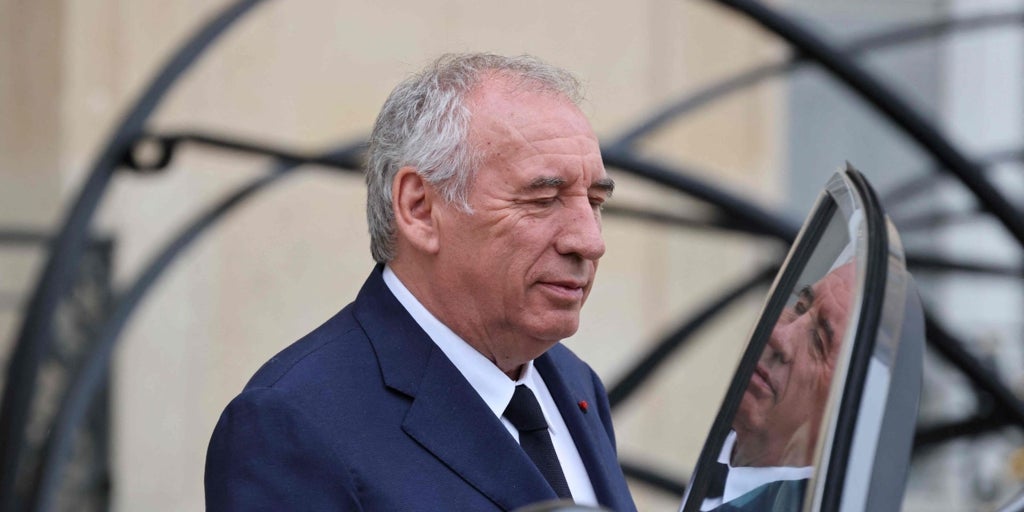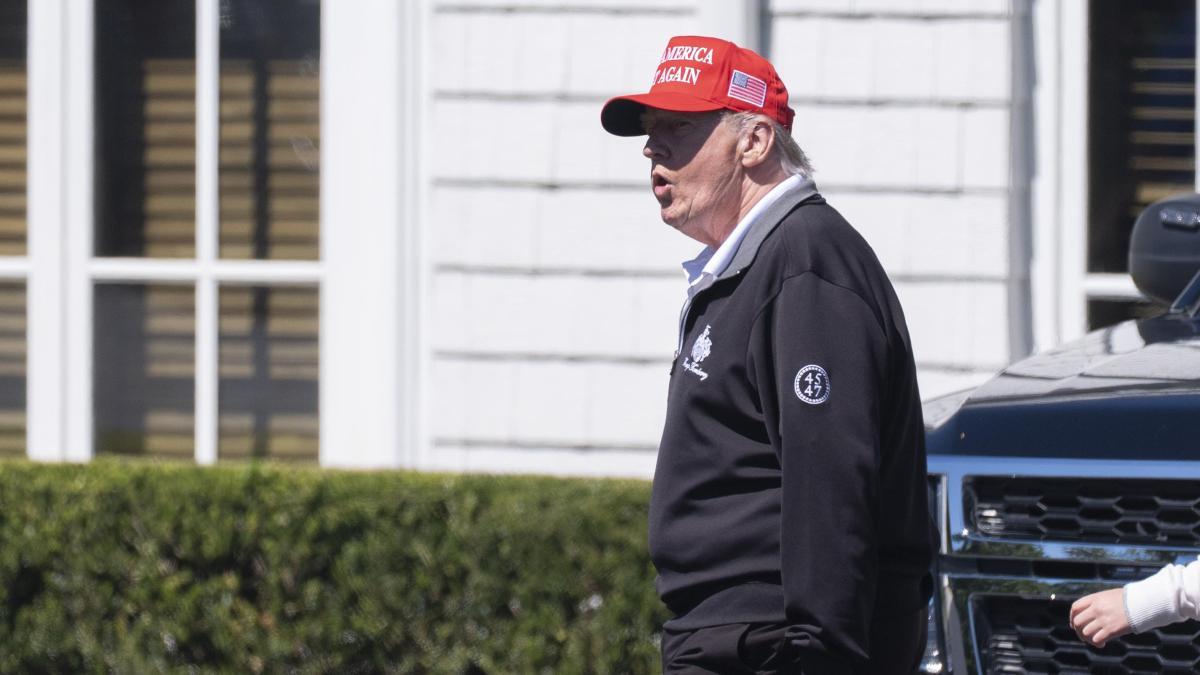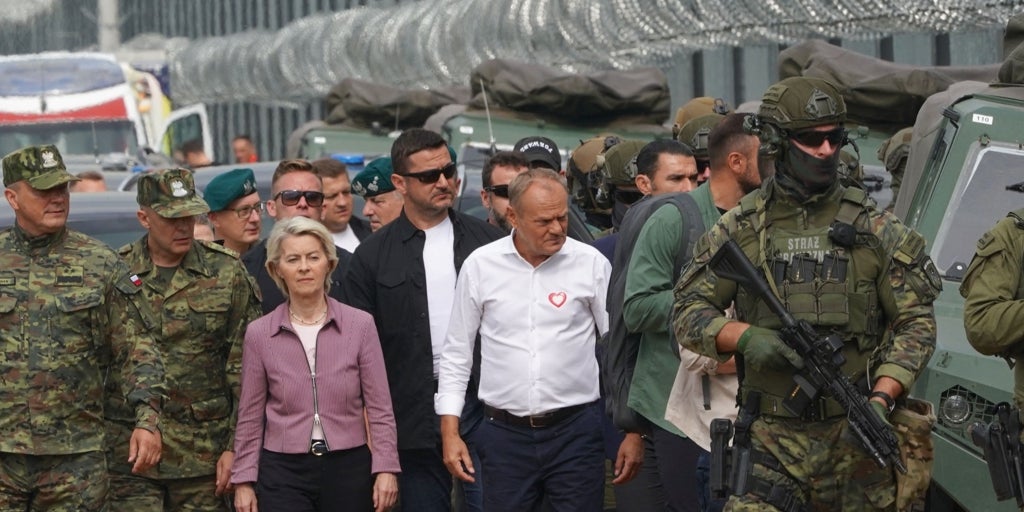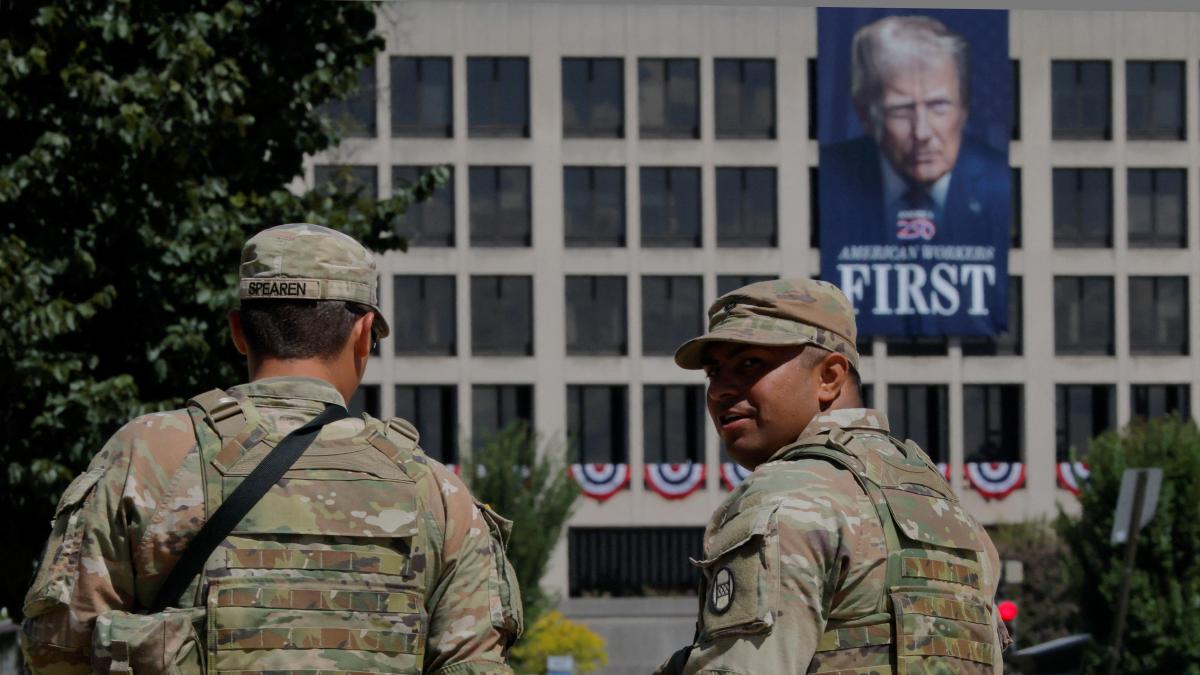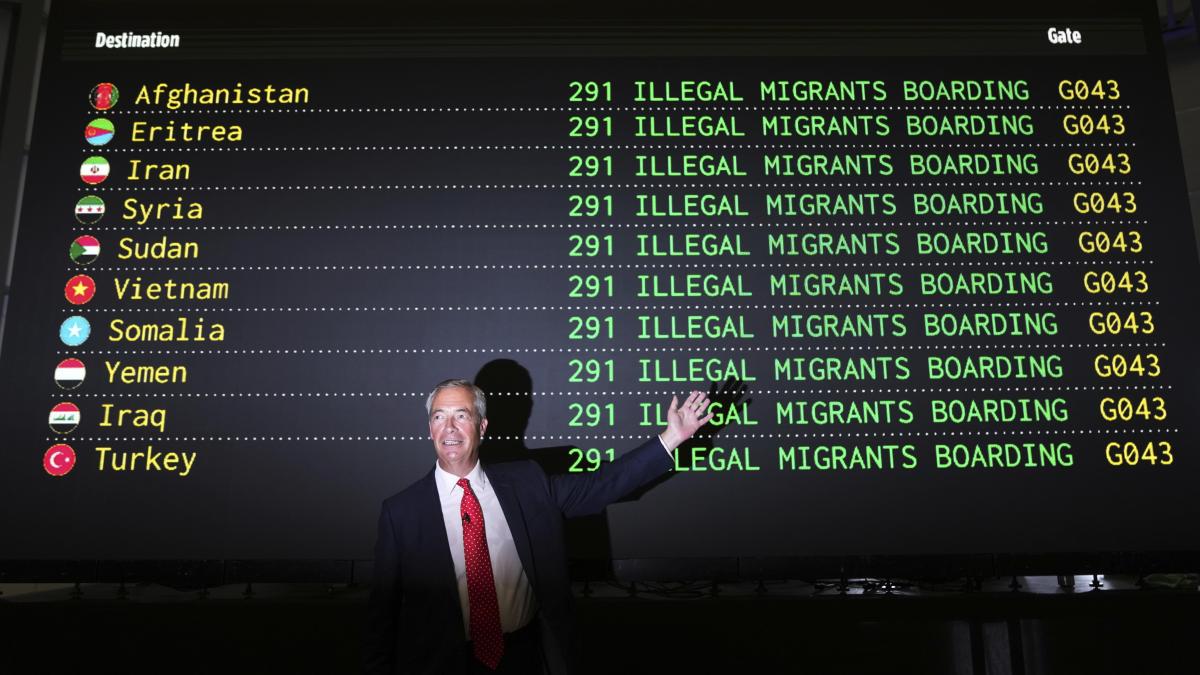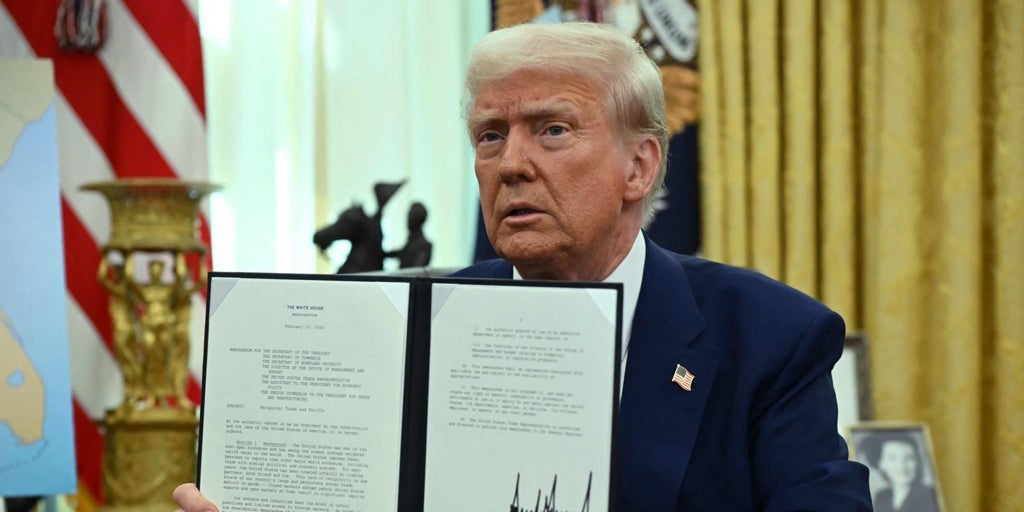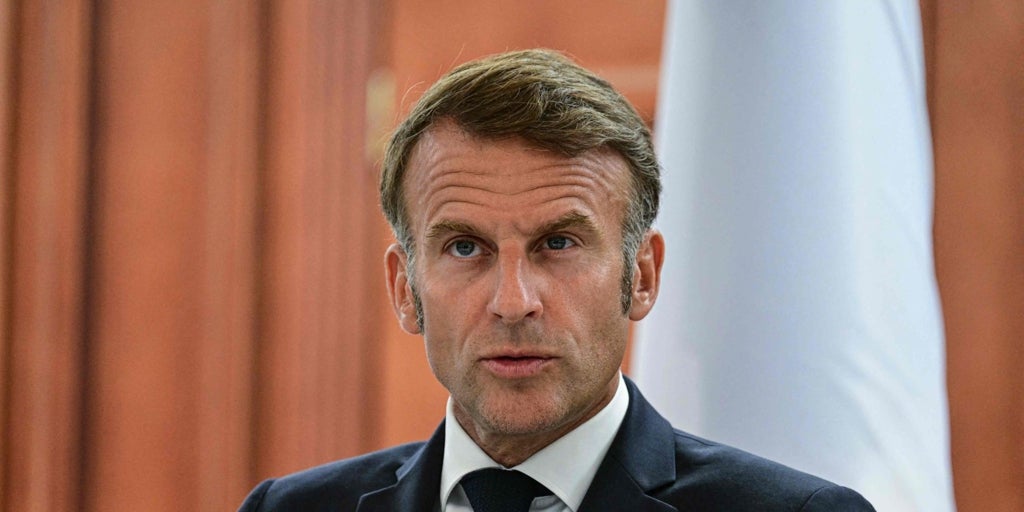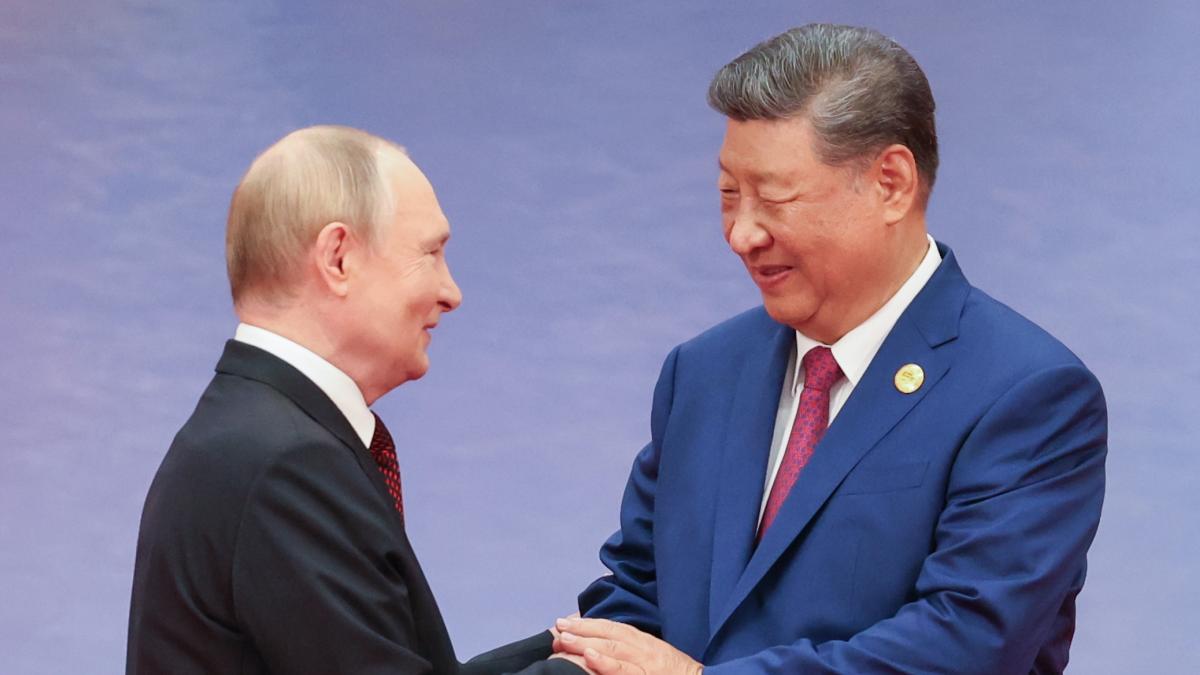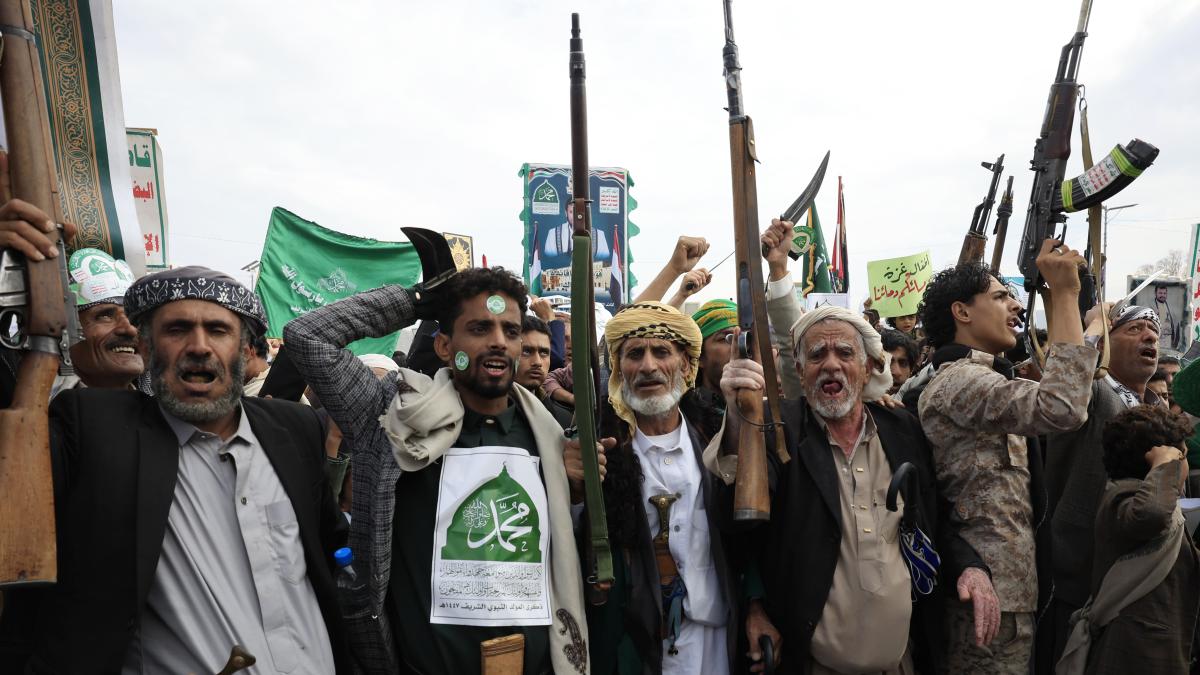Joe Biden Undermines Air Defense Reserves Amidst Conflicts in the East and Ukraine
The recent conflicts in Ukraine and the Middle East have significantly weakened the United States’ air defense reserves, as articulated by Samuel Paparo, the Chief of the U.S. Indo-Pacific Command. This stark warning comes as the Biden administration faces increasing scrutiny over its foreign policy decisions.
On Tuesday, Admiral Paparo’s comments resonated throughout military and political circles, especially among members of the incoming Trump administration, who are increasingly skeptical about the ongoing commitment in Ukraine. They assert that President Biden is failing to adequately prepare for a potential confrontation with China, which is now viewed as a critical military adversary.
According to Paparo, budget allocations for U.S. air defenses, while essential, are affecting the nation’s readiness to confront challenges in the Asia-Pacific region, where adversarial aggression from China remains a top priority. He emphasized, “The spending on air defenses imposes costs on the operational readiness of our forces to respond effectively in Asia and the Pacific.”
The Biden administration has poured resources into supporting Ukraine and Israel, providing them with cutting-edge air defense technologies. American naval forces have been directly involved in protecting assets in the Red Sea in response to missile and drone threats posed by Houthi rebels from Yemen.
In Ukraine, Biden has committed to supplying a comprehensive suite of defense systems, including Patriot missiles and advanced surface-to-air missile systems, which have been integral to Kyiv’s defense against the ongoing Russian invasion. Paparo remarked, “Some of the valued Patriots and other air-to-air missiles that have been deployed are now being used up. To deny this reality would be disingenuous.”
In a strategic development last month, the U.S. deployed a THAAD (Terminal High Altitude Area Defense) system along with approximately 100 troops to operate it. This deployment reflects the critical nature of layered air defense mechanisms essential in safeguarding U.S. interests both at home and globally.


